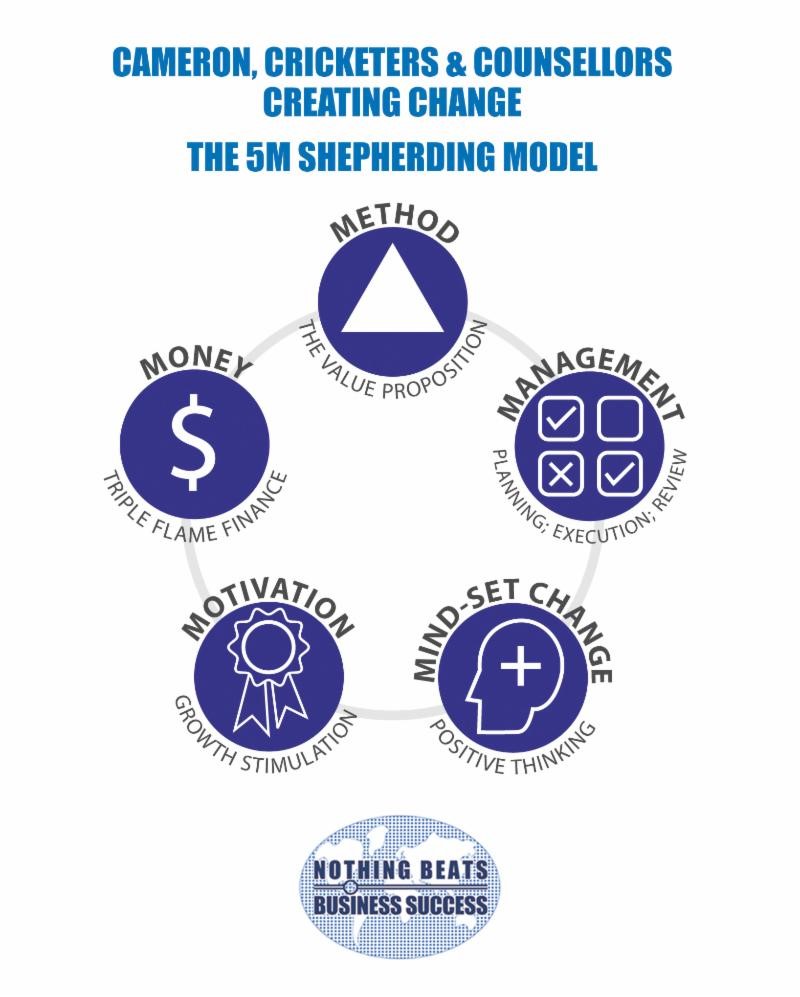“Let us not become weary in doing good, for at the proper time we will reap a harvest, if we do not give up.” – Galatians 6:9
Any enthusiastic WINDIES supporter should read, absorb and save the ESPN Cricinfo report by Valkerie Baynes on the fifth ODI on Saturday March 2, 2019.
This drawn (2-2) ODI series against the number one ODI team comes in the wake of a 2-1 WINDIES win in the test series to regain the Wisden Trophy. Is this indicative of a significant change in the trend of WINDIES cricket success?
In the light of the recent challenges by Ricky Skerritt and Dr. Kishore Shallow for the respective Cricket West Indies (CWI) President and Vice President positions in the upcoming elections, Julian Charles, a CWI board director was quoted in the press recently that after the major decline in the sport since the 1990s, the WINDIES is now heading in the right direction.
He asserted that there was no urgent need to make a change in the CWI administration. Charles credited the committed approach of the players, the disciplined application of the coaching staff and the collective leadership of Cricket West Indies, led by president Dave Cameron since 2013, for the turnaround in the cricket fortunes.
The WINDIES performance in the T201 series, concluded yesterday, was a disappointing blip in this trend.
I fully endorse Julian Charles’ position that we must give credit for the change to the players, the leadership of CWI, and the many counsellors (management, coaches and selectors) who have advised the board on many aspects of the game.
In his address to the Rotary Club of Barbados on Thursday February 21, Dave Cameron advised that he was not power hungry, had no interest in becoming executive president, recognized that the corporate governance structure required the president to be accountable and take timely action. He continued, to thunderous applause by the audience, that he preferred to be remembered simply as a humble servant who served in the best interests of West Indies cricket.
Cameron outlined the challenges with which the board was faced in 2013. These included the declining performance by the team, a financial deficit, a halt in cricket development, players opting to play in the more lucrative T20I leagues and high legal costs. He added that all of these issues and others have been successfully addressed during his stewardship and there is more to come should he be given another term.
The 5M Shepherding Model (see graphic below) is designed to assemble all resources necessary for the sustainable development of a business, and get them working together, in smart partnership. The five Ms are Method, Management, Mind-Set Change, Motivation and Money.
CWI has recognized that cricket is a business. If I clinically assess the CWI management against this model, its performance has been strong but there is room for improvement.
Let us review it the context of this model.
(1) Method – CWI needs to formally chronicle its value proposition e.g. “To revitalize the exciting brand of WINDIES cricket for the benefit of its supporters (local, regional, diaspora and international), its sponsors, broadcast rights dealers and the governments of the Caribbean by developing its players to a sustainable standard of excellence.”
(2) Management – CWI has a structure in place which is governed by a board of directors and select committees (planning, execution and review) with support from administrators, financial experts, coaches, selectors, pitch curators, sports science and medicine specialists and sports facility coordinators. The method of selection of its leaders, to include a broader base of stakeholders, should be high on the agenda of the new administration.
(3) Mind-Set Change – CWI should continue to foster a business mind-set to inspire positive affirmations of abundance among the players past and present towards sustainable success.
(4) Motivation – CWI should be motivating the entire stakeholder team to effectively and efficiently grow CWI as a business by enhancing business management systems.
(5) Money – CWI must remain focused on expanding revenue as well as exercising effective risk management to minimize losses that might arise through silly decisions or inexpert financial negotiation with governments and sponsors.

No leader is perfect, and today’s cricket leaders on the field and beyond the boundary, should feel proud of their accomplishments as they work tirelessly to revive Caribbean cricket.
In the words of calypso revolutionary, David Michael Rudder, I conclude: “So I am begging my people please … we’ve got to rally ’round the West Indies, now and forever.”
